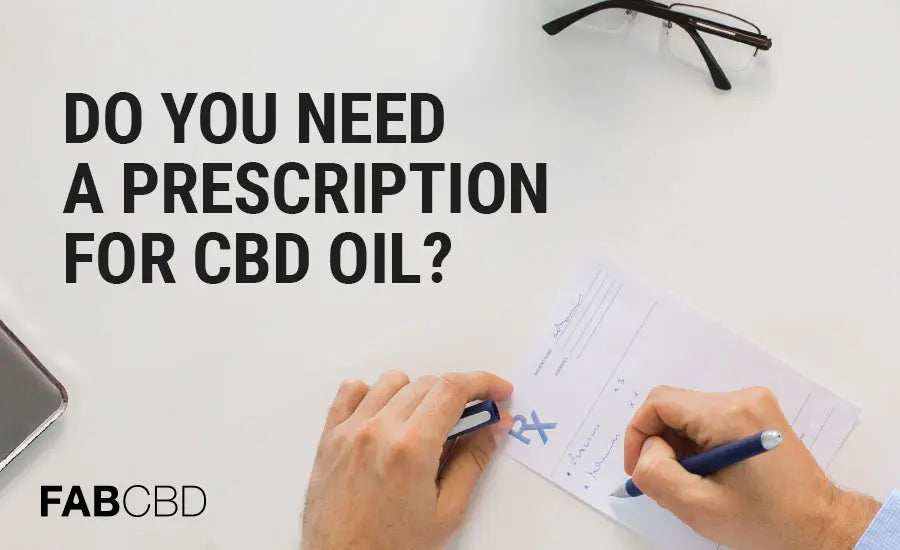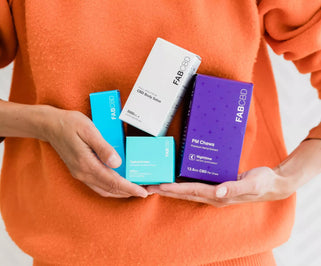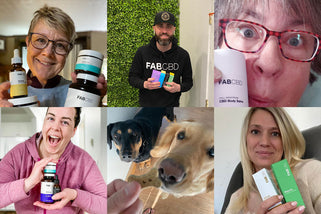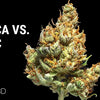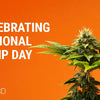CBD, or Cannabidiol, is more popular than ever, with many turning to this cannabinoid for its potential health benefits free of any psychoactive side effects.
While CBD is legal even in places where cannabis and products with THC (tetrahydrocannabinol) aren’t, the question still arises: do you need a prescription to buy CBD oil?
The answer depends on where you are and the kind of CBD product you want to get. Let’s take a look at the legal landscape of CBD to help you figure out whether you need a prescription to enjoy the benefits of CBD in your location.
Legal Status of CBD Oil
Let’s take a look at the legality of different CBD oils and supplements:
Hemp-derived vs. Marijuana-derived CBD
Hemp-derived CBD sourced from industrial hemp plants containing less than 0.3 percent THC content is federally legal in many places, thanks to the legality of hemp plants in multiple places around the world. On the other hand, CBD that originated from cannabis plants that might have higher THC concentrations face different regulations, and might not be legal in certain places.
Hemp-derived CBD tends to have higher levels of CBD and lower THC, while marijuana-derived CBD may have varying CBD-to-THC ratios, and produce a different entourage effect, sometimes with some mild psychoactive effects.
2018 Farm Bill
The Agriculture Improvement Act of 2018, commonly known as the 2018 Farm Bill, helped reshape the legal status of hemp in the United States, removing hemp from the list of controlled substances, and redefining it as an agricultural commodity. This allowed for the legal cultivation, processing, and sale of hemp-derived products like CBD, as long as they didn’t exceed over 0.3% in THC.
Since then, it’s been easier to acquire legal cannabis CBD products.
Prescription Requirements for CBD Oil
In general, hemp-derived CBD products, containing 0.3% THC or less, do not require a prescription in many jurisdictions. These products are often available over-the-counter and can be purchased without the need for a doctor's prescription in places like the United States and multiple countries around the world, even in some places where medical marijuana with THC remains illegal. That’s because hemp-derived CBD is typically considered a dietary supplement rather than a pharmaceutical product.
This is very promising considering that one CBD based medication approved by the FDA to assist with a drop in seizures in children and adults with Lennox Gastaut syndrome.
Epidiolex, an FDA-approved CBD medication used to treat medical conditions like Dravet syndrome, certain forms of epilepsy, and seizure disorders, is a prescription medication. Sativex, a medication containing both THC and CBD, has been approved in some countries for treating multiple sclerosis-related spasticity and may also require a prescription.
In jurisdictions where medical cannabis or specific CBD medications are legal but highly controlled, doctors will usually have the authority to prescribe them.
State-Specific Laws and Medical Marijuana Cards
While the 2018 Farm Bill legalized hemp at the federal level, CBD laws still vary from state to state, with distinctions between recreational and medical marijuana regulations, so you need to know the legality of CBD products in your area if you’re planning to consume them.
Some states have established comprehensive medical marijuana programs, requiring patients to obtain a medical marijuana card for legal access. Others permit the use of CBD with trace amounts of THC without a medical card.
While in states like California, it can be easy to get all kinds of derivates from the marijuana plant, states like Idaho maintain strict anti-marijuana stances, making any cannabis-derived products, including CBD, illegal. Kansas allows CBD products with zero THC, but any trace of THC makes the product illegal, making some products, like some full spectrum CBD options, illegal, while products containing only pure CBD are legal.
Also, the cannabis sativa plant and its derivates remain illegal all around the country under federal law.
Looking for more info? Check out this blog post for state-by-state breakdown of CBD legality.
Risks and Considerations When Using CBD Oil
The lack of comprehensive regulation by the Food and Drug Administration in the CBD industry means that the quality, safety, and consistency of CBD products can vary from brand to brand, with some brands offering inferior-quality products that might not give you the effects of CBD that you’re looking for.
That’s why your investment will be better spent on high-quality, lab-tested CBD products from reputable companies, like Fab CBD, which prioritize quality with third-party testing, and transparent information about the product's content and purity.
Fab CBD's use of third-party labs allows an independent laboratory to assess the product's composition for you, verifying CBD content, and ensuring that it is free from contaminants like pesticides and heavy metals.
While it might be easy to buy CBD gummies and topical products from your local dispensary at your location, the lack of regulation makes it hard to verify the amount of CBD in the product, despite what the label might say.
That’s why, whatever cannabis product you end up buying, you should make sure you’re investing in a well-known brand with third-party testing and transparent labels!
